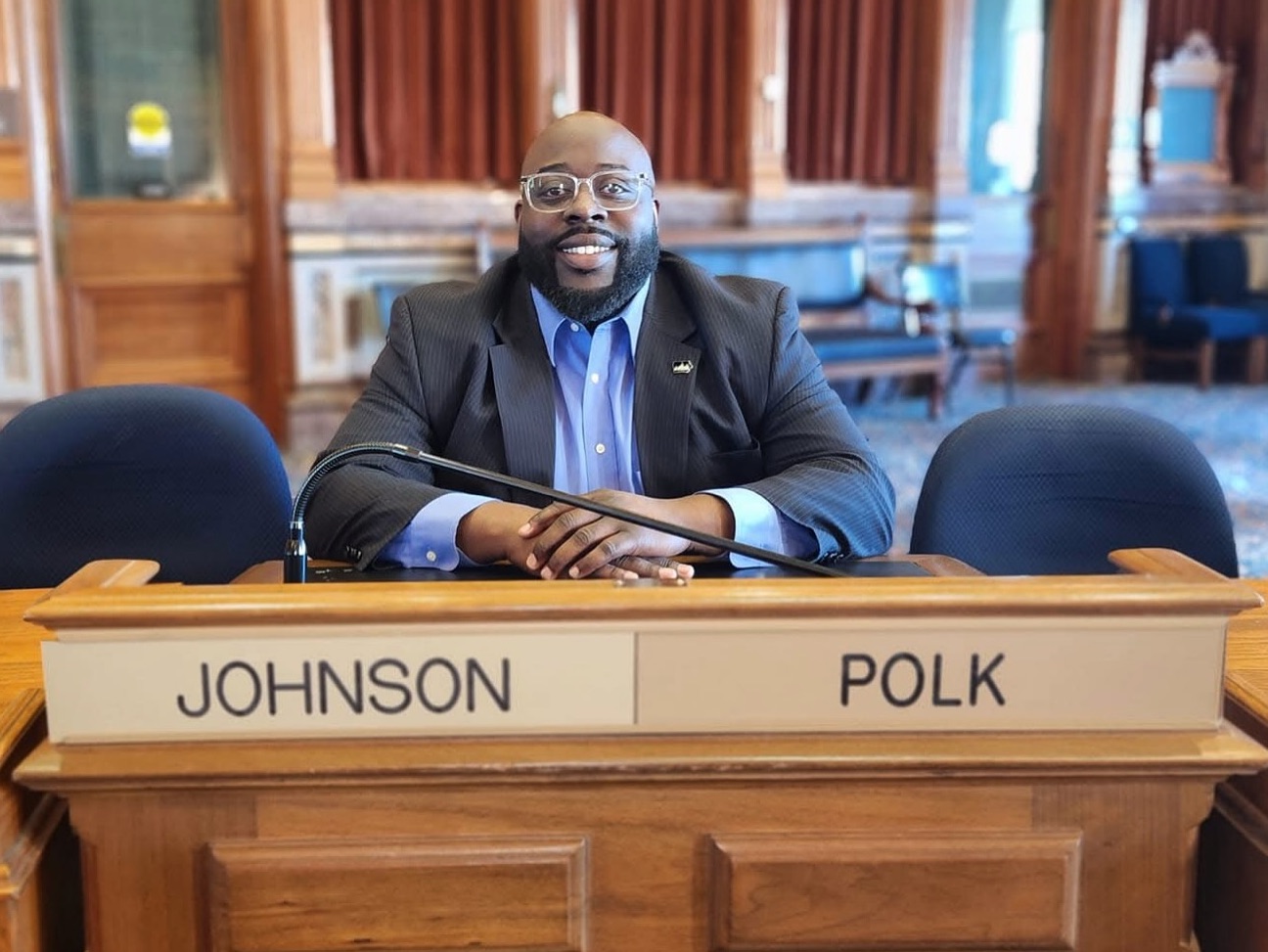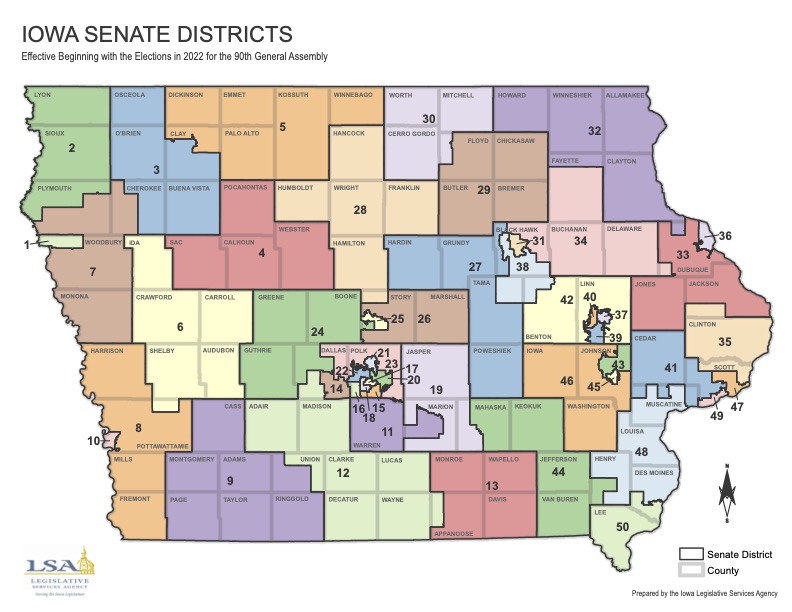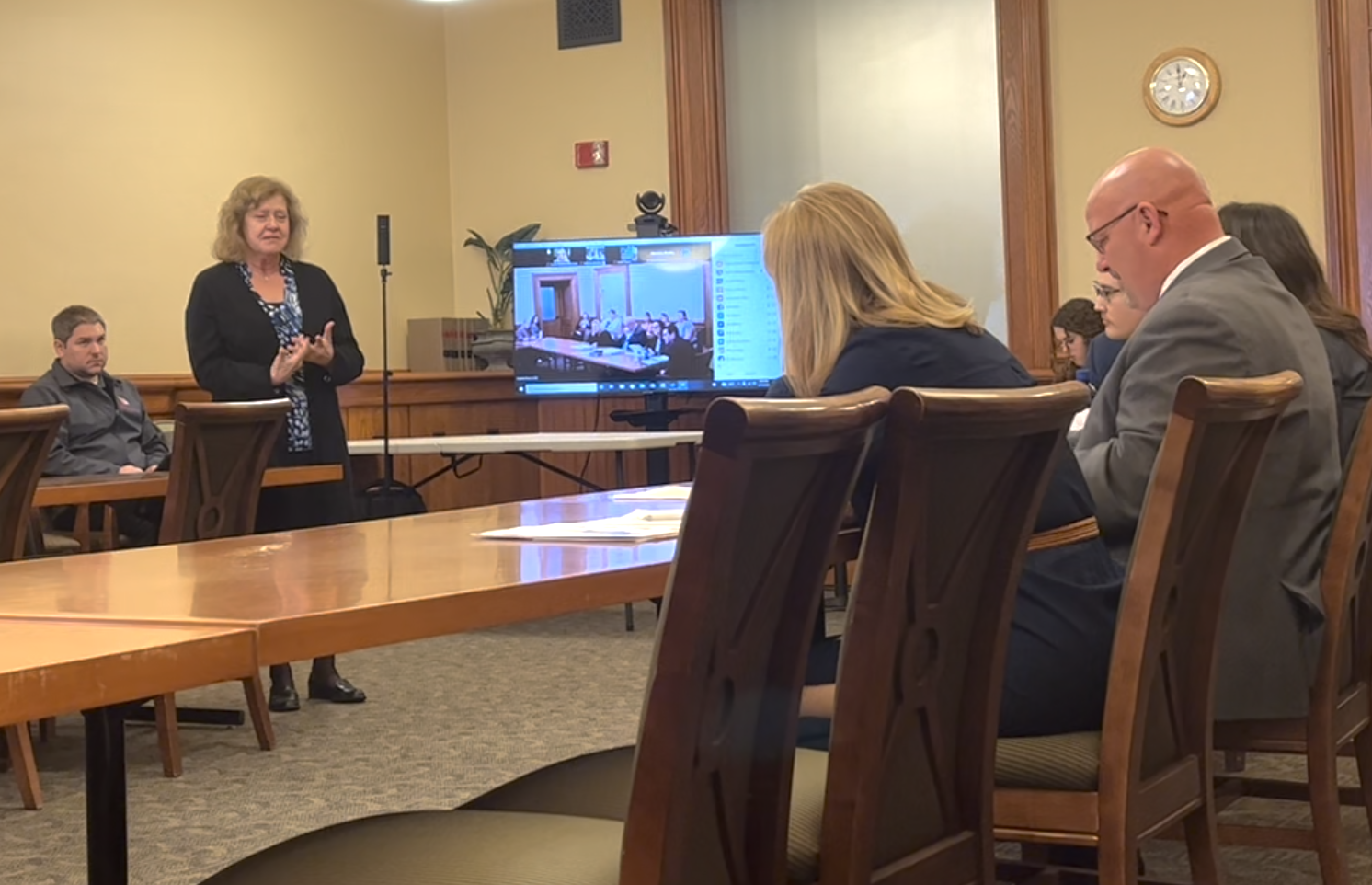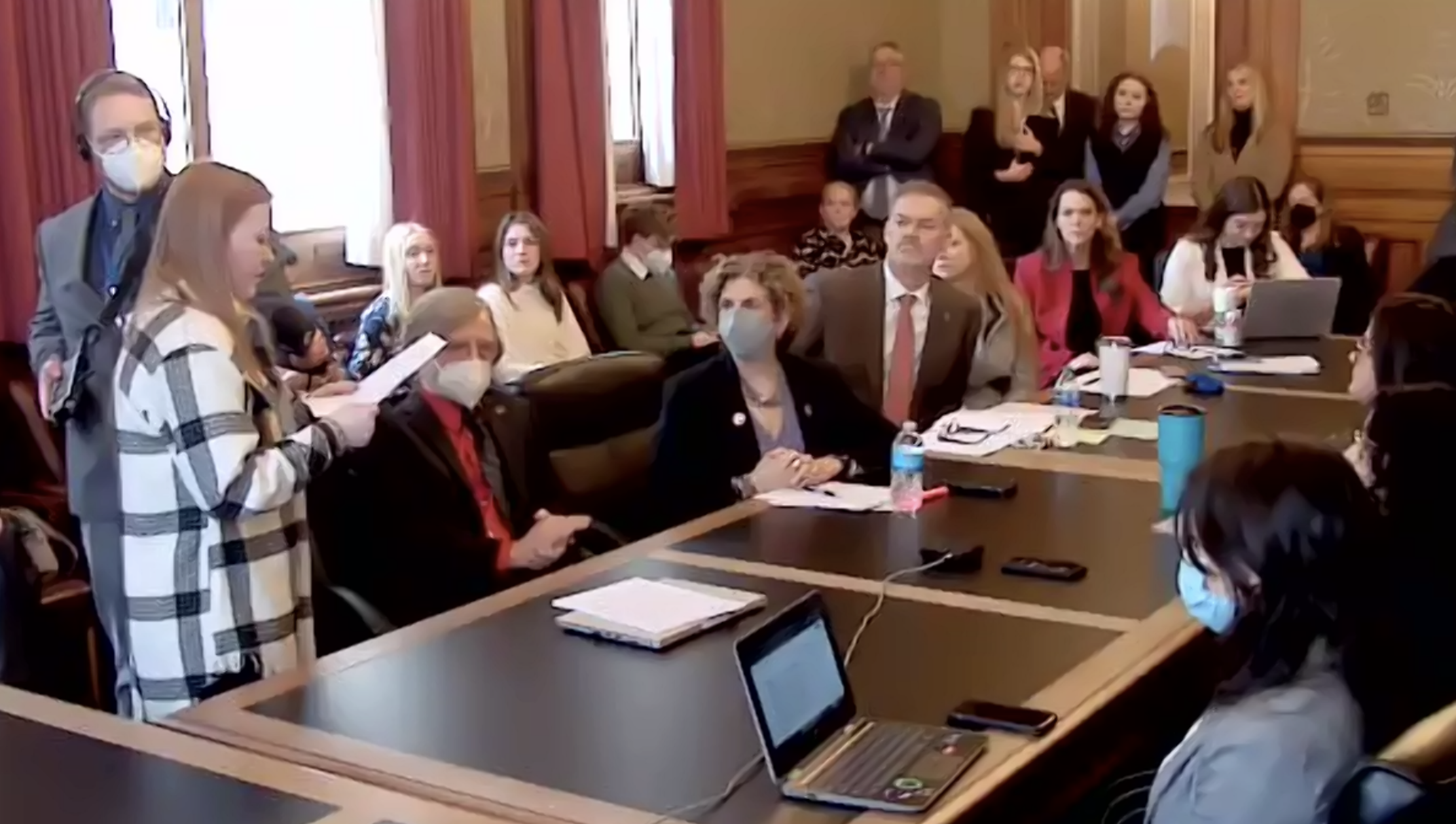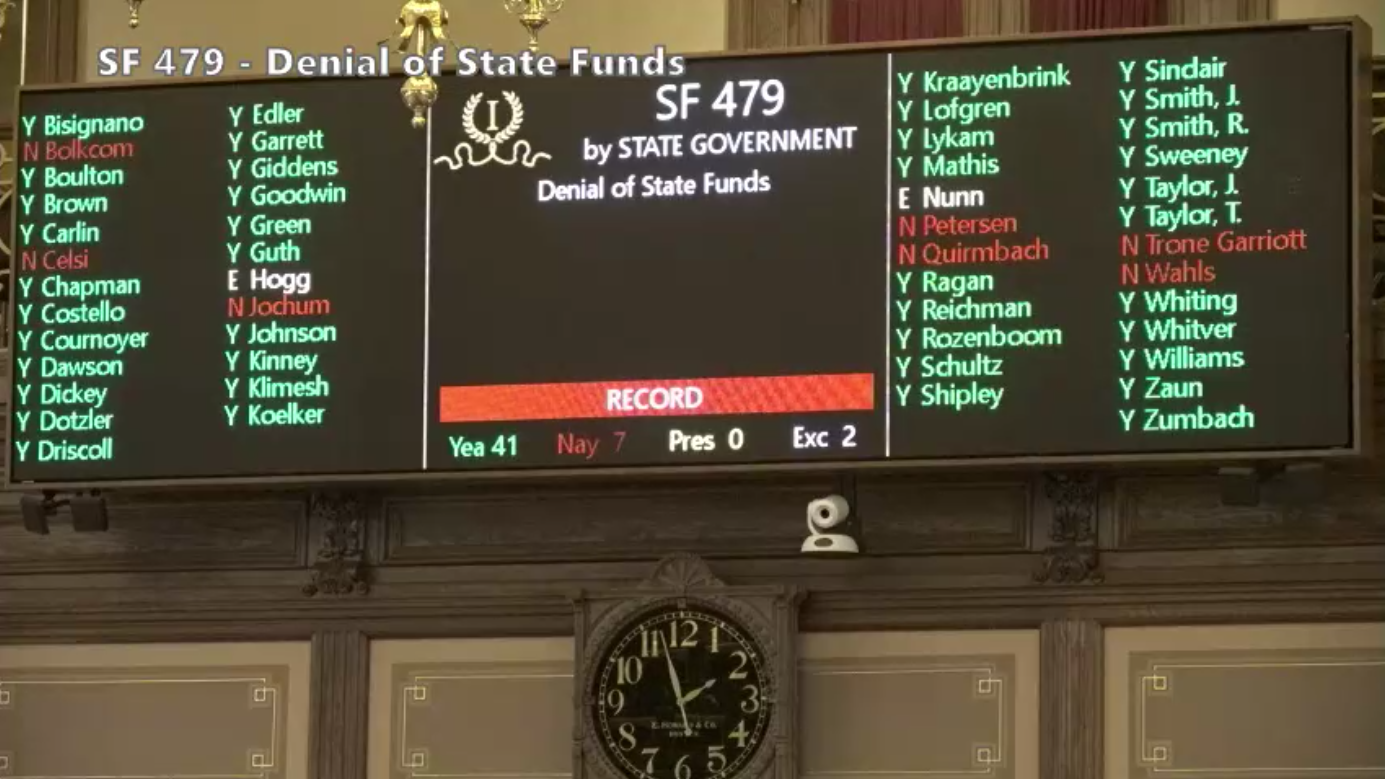They say anything can happen in a low-turnout special election. And on January 28, voters in Iowa Senate district 35 elected Democrat Mike Zimmer to represent them through the end of 2026. Zimmer defeated Republican nominee Katie Whittington by 4,812 votes to 4,473 (51.7 percent to 48.1 percent), according to unofficial results.
Most Iowa political observers expected Republicans to hold the seat easily. Former State Senator Chris Cournoyer was re-elected in this district with about 61 percent of the vote in 2022. (She resigned from the legislature to become Iowa’s lieutenant governor last month.) In the most recent general election, voters living in Senate district 35 preferred Donald Trump to Kamala Harris by a 21-point margin, and preferred GOP incumbent Mariannette Miller-Meeks over Democratic challenger Christina Bohannan by a 9-point margin. The GOP has a voter registration advantage too.
Yet Zimmer performed well in every part of Senate district 35. He carried Clinton County, where most of his constituents live, by 3,411 votes to 3,169 (51.7 percent to 48.0 percent). Trump won that formerly blue county in November with 58.5 percent of the vote to 39.7 percent for Harris.
The Democrat carried the Jackson County precincts by 555 votes to 446 for Whittington (55.4 percent to 44.6 percent). Voters in the same area favored Trump by 60.3 percent to 38.2 percent in November, according to Bleeding Heartland’s analysis of the precinct-level results.
Also impressive: Zimmer nearly matched his opponent in the Scott County portion of the district, gaining 846 votes to 858 for Whittington (49.6 percent to 50.3 percent). Trump’s advantage over Harris in the same precincts: 64.2 percent to 34.1 percent.
How did the Democrat pull it off?
Continue Reading...

